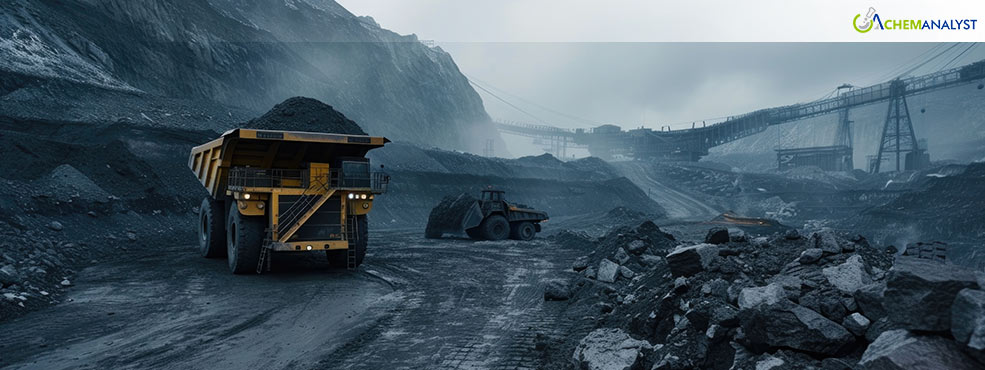Welcome To ChemAnalyst

Telangana has become the latest state to join India's mineral auction regime, marking a significant development in the country's efforts to streamline mineral resource allocation and meet growing industrial demand. In November 2024, the state successfully auctioned two limestone blocks located in Sultanpur and Saidulnama. These blocks were won by NCL Industries and Deccan Cement, both key players in the cement manufacturing sector.
This move brings Telangana on board as the 14th state to participate in the Centre's mineral auction system. The Ministry of Mines had previously urged the state government, led by Chief Minister A Revanth Reddy, to auction 11 limestone blocks, with a deadline set for the first phase. If Telangana had not complied, the Centre had threatened to conduct the auctions itself.
Telangana's entry into the auction regime signifies its commitment to boosting its mineral production capacity and catering to the rising demand for minerals in industries like cement manufacturing. Limestone, a crucial raw material for cement production, is expected to be a major focus area for future auctions in the state.
The Centre is also pushing Telangana to participate in auctions for critical minerals. Discussions are ongoing to bring the state on board for these auctions, which would further contribute to India's efforts in securing vital resources for various sectors.
The Ministry of Mines reports that during the current financial year (FY25), a total of 81 mineral block auctions have already been conducted across 13 other Indian states. This indicates a growing trend of states embracing the auction system for mineral resource allocation. States like Madhya Pradesh, Rajasthan, and Uttar Pradesh have been particularly active participants in these auctions.
The types of minerals auctioned have been diverse, encompassing limestone, manganese, tungsten, iron ore, cobalt, bauxite, and graphite, among others. These auctions have attracted major companies like Vedanta, Hindustan Zinc, Ambuja Cements, and JSW Steel, showcasing the strong interest from the industry.
However, the mineral auction process hasn't been entirely smooth sailing. A recent example involves the Nayakkarpatti tungsten block auction in Tamil Nadu. This auction faced objections due to concerns regarding potential mining activities impacting a designated biodiversity reserve. The Ministry of Mines clarified that the auctioned area excludes any biodiversity sites, adhering to Environment Ministry guidelines. Nevertheless, this incident highlights the importance of balancing resource development with environmental considerations.
Telangana's entry into the mineral auction regime presents a positive development for India's mineral resource management strategy. The success of the initial auctions for limestone blocks paves the way for further auctions in the state, potentially including critical minerals. As other states continue to participate in the auction system, India can expect a more streamlined and transparent process for allocating its valuable mineral resources, ultimately contributing to industrial growth and economic development.
We use cookies to deliver the best possible experience on our website. To learn more, visit our Privacy Policy. By continuing to use this site or by closing this box, you consent to our use of cookies. More info.
